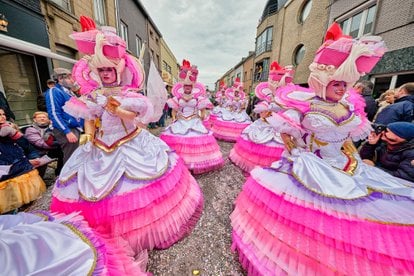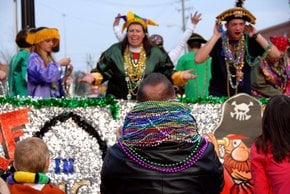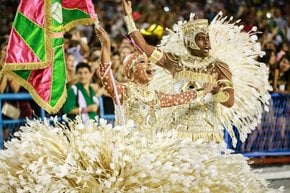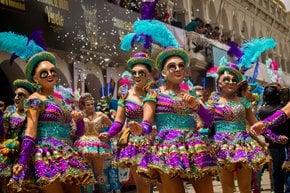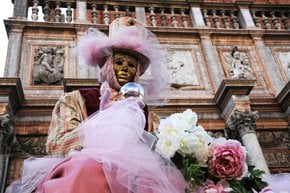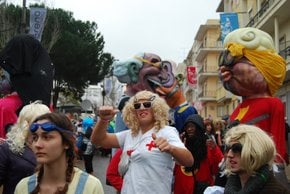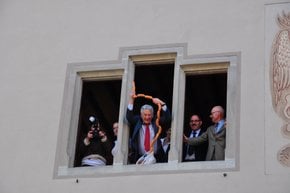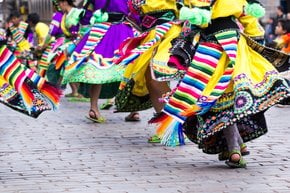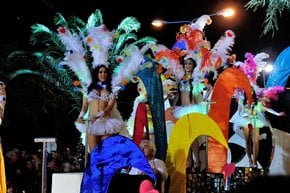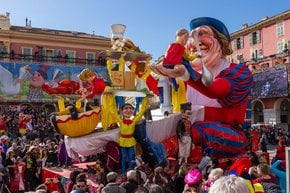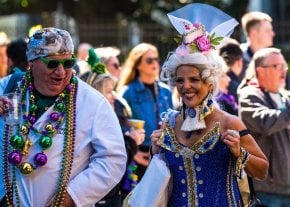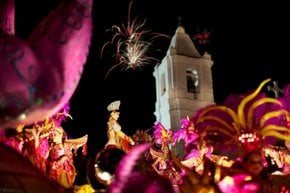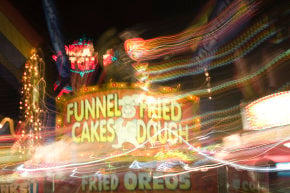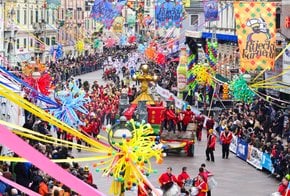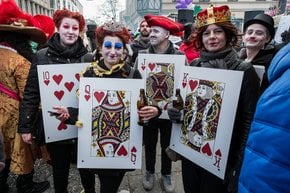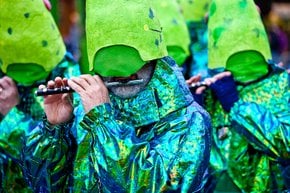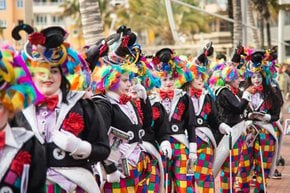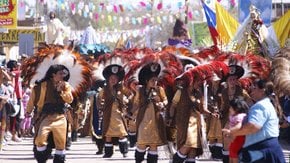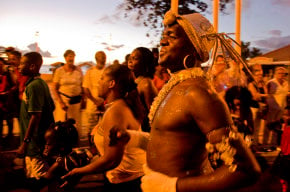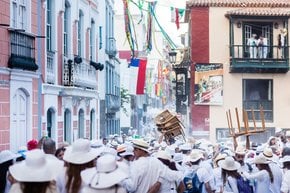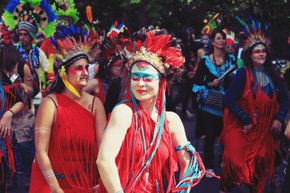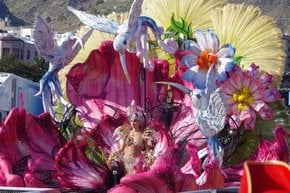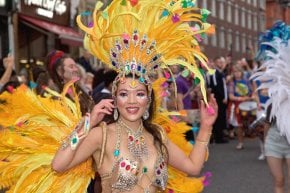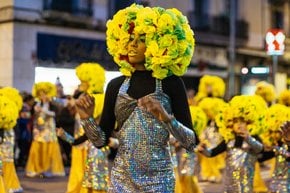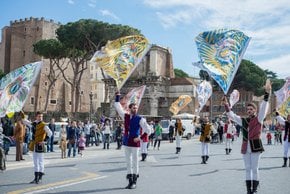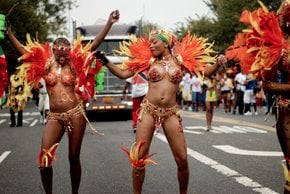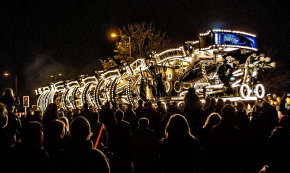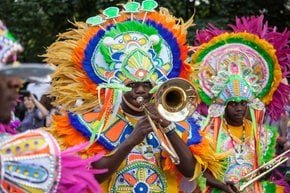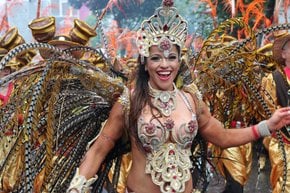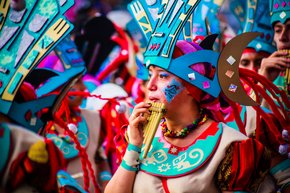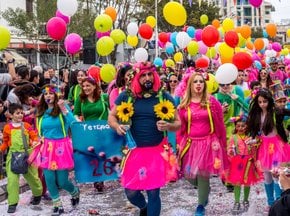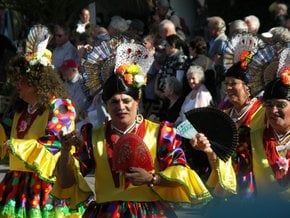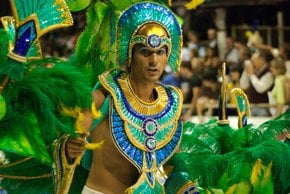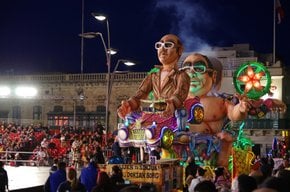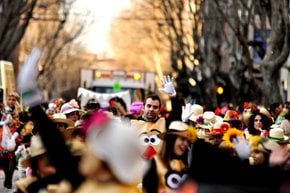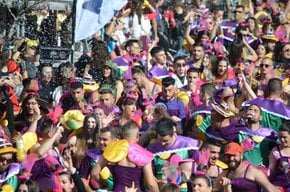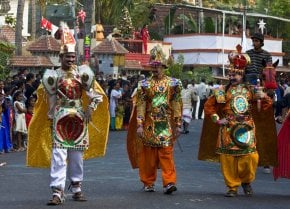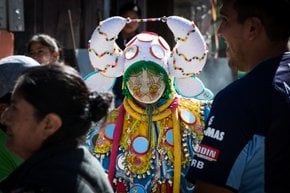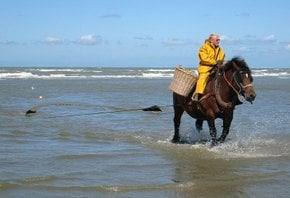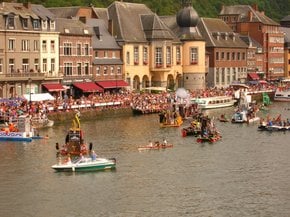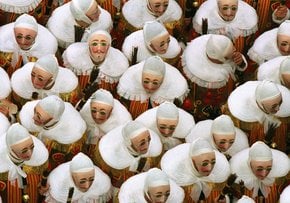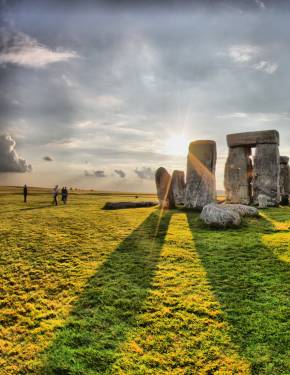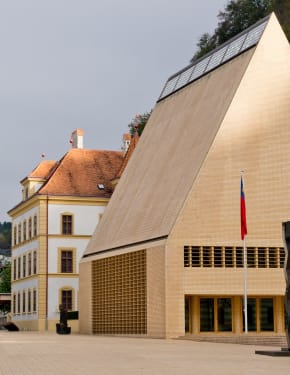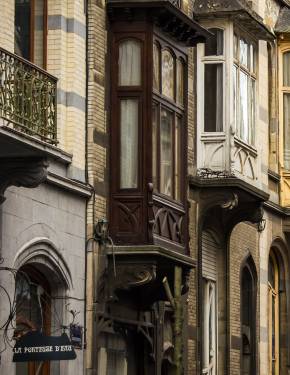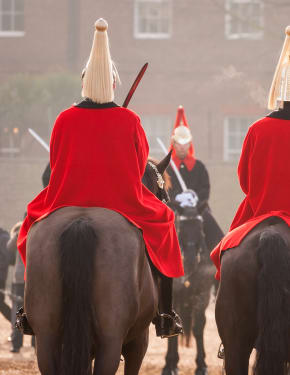Aalst Carnaval 2025 in Belgium
Satirical and colorful Mardi Gras celebration
Dates: March 2–4, 2025
Aalst Carnival, the largest and most exuberant event in Flanders, is a cultural extravaganza that attracts visitors from across Belgium and beyond. Recognized as a UNESCO Intangible Cultural Heritage event, this centuries-old celebration is deeply rooted in local traditions and brimming with vibrant energy. Held annually over three days leading up to Ash Wednesday, the carnival transforms the city of Aalst into a kaleidoscope of color, laughter, and irreverent humor. Its origins date back to medieval times, and while the carnival has evolved over the years, it has always been a platform for creativity, satire, and community spirit.
Humor and Satire
What truly sets Aalst Carnival apart is its unabashed embrace of humor and satire. The event is renowned for its elaborate floats that parade through the city, many of which poke fun at political, cultural, and social issues. More that 100,000 people gather to see the giant puppets as well as outlandishly costumed participants who revel in the carnival’s playful irreverence. The festival also features files, a tradition where groups of friends form themed contingents to march through the streets, often with biting satirical performances. Humor, both light-hearted and sharp, is the heartbeat of Aalst Carnival, making it not just a celebration, but a vibrant expression of free speech and artistic wit.
Carnival Parade
The first signs of the carnival appear on Saturday. In the evening, a humorous city council hands over a key from the city to a mock Prince of the Carnival. On Sunday, the celebration officially begins with a parade through the city. Locals prepare and carry up to one hundred floats while thousands of people in masquerade costumes dance on the streets. The entire event ridicules local and foreign politicians. The parade starts at 1 pm and lasts for almost five hours. The epicenter of fun is Grand Market Square.
Broom Dance
On Monday, the Gilles show their traditional Broom Dance on the Market Square—a ritual that chases away the ghosts of winter. Meanwhile, a mock Prince and his committee initiate a so-called “Onion Throw”: they throw onions to the crowd from the balcony of city hall. One hundred onions contain winning lottery numbers with the main prize being a golden onion.
Parade of the Dirty Sissies
On Shrove Tuesday, another parade occupies the streets of Aalst—the Parade of the Dirty Sissies. Men get dressed in female clothes, put on fake breasts, and use various accessories—corsets, broken umbrellas, fur coats, lampshades, and birdcages with smoked herring. The celebration reaches its culmination when a huge puppet—the carnival effigy—is set on fire on the Grote Markt in the city center.
Carnival History
The Aalst Carnival is related to the Binche Carnival but only in the Dutch-speaking part of Belgium. It has deep roots in the pagan end-of-winter celebrations. The first records of the carnival date back to 1443. It has existed in its modern form since 1851 when it was held unofficially. The first time the carnival was organized by the city council in 1923. Since then, a special carnival committee has taken care of the Mardi Gras festivities.
Aalst Carnival is an unforgettable cultural experience that blends centuries-old and modern traditions. Its unique mix of satirical floats, elaborate costumes, and lively performances offers a glimpse into the heart and soul of Flanders.

